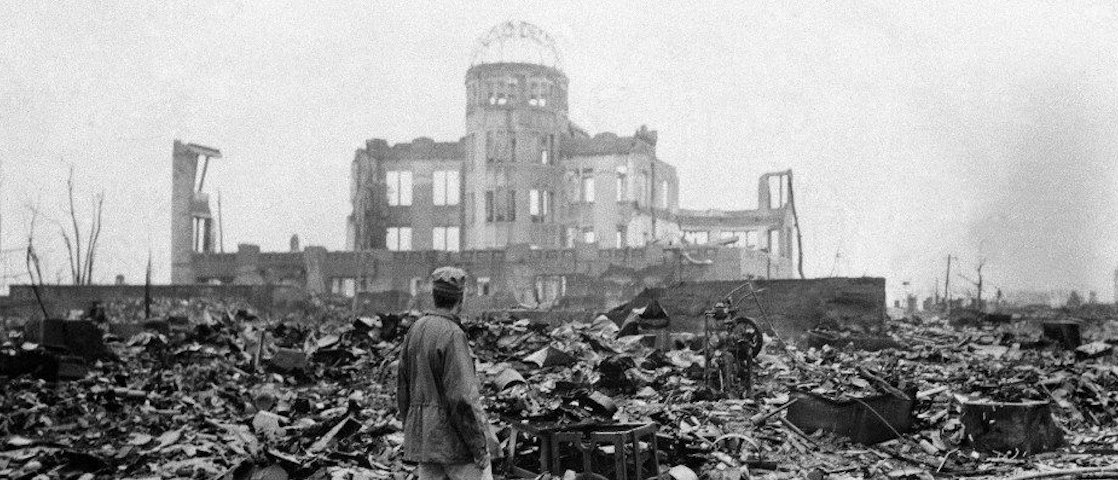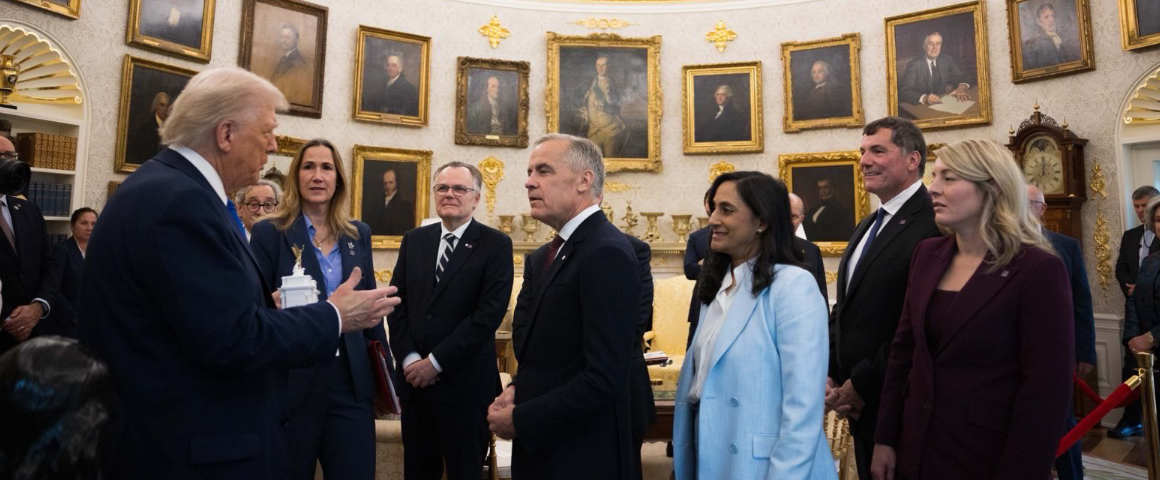[buzzsprout episode=’4882484′ player=’true’]
On two days, seventy-five years ago, the United States used nuclear weapons in combat for the first and, so far, only time in history. The bombings of Hiroshima and Nagasaki, on August 6 and 9, 1945, killed a quarter of a million people and ushered in an era of imperialist aggression through the threat of global annihilation.
Then, as now, the United States and its imperialist allies argued that the use of nuclear weapons against a civilian population was necessary to force Japan’s surrender and end World War II. This claim has been repeatedly proven to be false.
US leaders knew in early 1945 that Japan was militarily defeated, months before the bombing of Hiroshima and Nagasaki. The country’s ability to wage war had been virtually eradicated – industries were grinding to a halt as resources disappeared, and the navy and air force had been destroyed with no possibility of replacement. Japan had been trying for months to surrender but US leaders repeatedly rejected these appeals.
It is well established that the event which really prompted the US to use nuclear weapons was the entry of the Soviet Union into the war against Japan. Despite their battlefield alliance with the USSR, the US and Britain understood the value of this new weapon of mass destruction in their global battle against socialism, a battle which existed before World War II and which they knew would continue afterwards. US Secretary of State James Byrnes said the nuclear bomb’s biggest impact was not on Japan but in making the USSR “more manageable” in Europe, a view that was echoed by Winston Churchill.
The bombings of Hiroshima and Nagasaki were, indeed, the opening acts of the Cold War – a quarter of a million Japanese civilians were sacrificed by the United States, so that western imperialism could intimidate the USSR.
In the decades since, the US and its allies have maintained this approach. Throughout the Cold War against the Soviet Union, imperialist states and organizations – such as NATO – deliberately and pursued the development, testing, proliferation and stockpiling of nuclear weapons. This aggressive policy forced other countries into a global nuclear arms race, which bled the Soviet economy and contributed to the overthrow and dismantling of socialism in the USSR and Eastern Europe.
But the Cold War and nuclear weapons proliferation did not end with the loss of the Soviet Union. A revived Cold War, specifically aimed at China, is being fomented in the West and is used to justify huge military buildups. This buildup, led by the United States, includes the renewed development of nuclear weapons and their stockpiling and distribution around the world. It also includes the development of advanced delivery systems, so that smaller “tactical” nuclear weapons can reach greater distances and cause greater concentrated damage. Throughout, the US and its NATO allies, including Canada, stubbornly insist on retaining an aggressive first-use policy.
The current massive spending spree on nuclear weapons has triggered a general increase in military spending. In 2019 global military spending reached $1.917 trillion, with 55 percent coming from NATO’s 28 member countries. At a time when people all over the world face devastation through economic ruin and environmental disaster, the military policies of western imperialism not only add nuclear annihilation to those threats, but ensure the diversion of resources desperately required for the needs of the planet and its peoples.
The United States, as the perpetrator of the massive crimes against humanity at Hiroshima and Nagasaki, must be held accountable.
On this 75th anniversary of the tragedy inflicted on the people of Japan by the United States, all peace-loving people need to renew the global struggle for the complete abolition of nuclear weapons. Stockpiles of nuclear weapons, and all weapons of mass destruction, must be dismantled – beginning with those of the United States and its allies.
As for this country, working people need to renew our call for an independent foreign policy for Canada, based on peace and disarmament, international cooperation and solidarity.
[hr gap=”10″]
Support socialist media!
If you found this article useful, please consider donating to People’s Voice.
We are 100% reader-supported, with no corporate or government funding.




